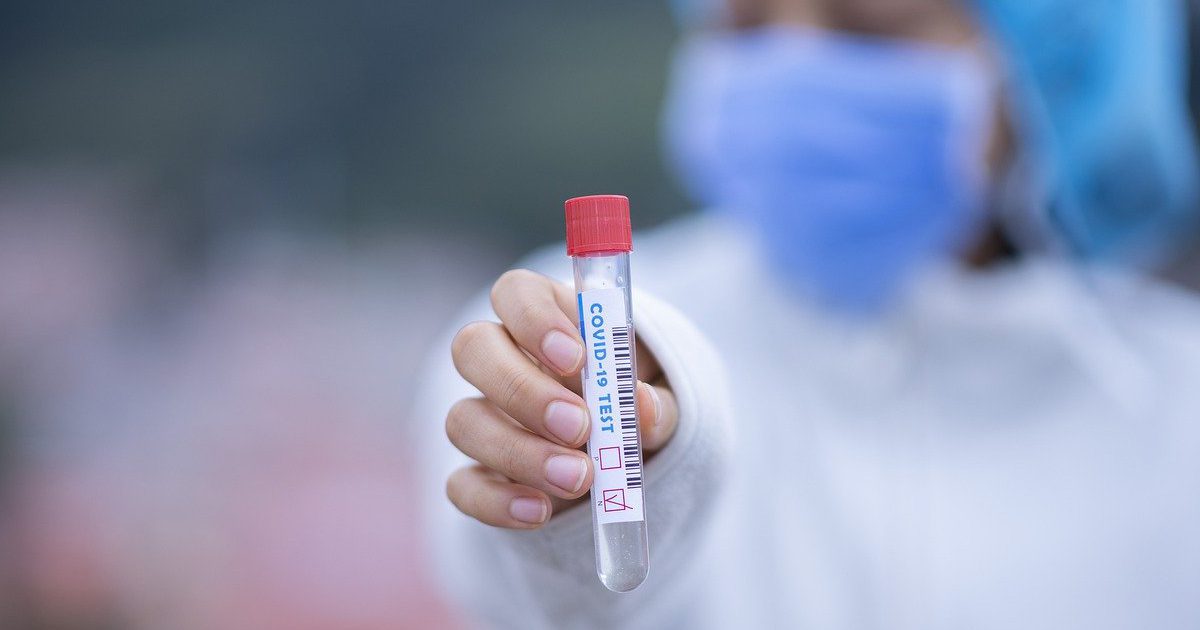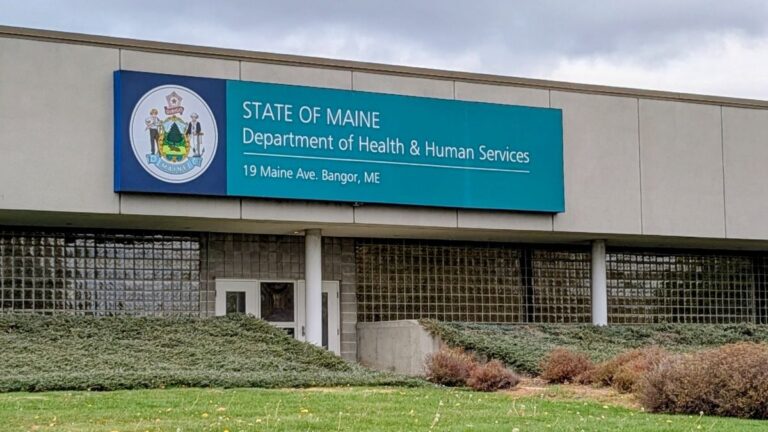A committee of Maine economic experts and industry representatives this month outlined a $1.1 billion plan to steady the state economy in July.
The plan from the Governor’s Economic Recovery Committee includes 11 focus areas based on insights from hundreds of Mainers, according to the report. The focus areas are grouped as follows:
- Maine people: $497 million
- Maine employers: $430 million
- Maine infrastructure: $165 million
The largest allocations are $350 million for employer grants, $300 million for pre-K through 12 and $100 million for a transportation and broadband connections bond.
The other categories include higher education, broadband planning and buildout, housing, innovation capital, child care, workforce development, public health and immigrant workers.
But resources to address all of the state’s needs are “scarce,” according to the report.
“The $1.25 billion from the federal CARES Act Coronavirus Relief Funds are insufficient to meet identified needs; expanded federal unemployment benefits may expire this month; gloomy state and local revenue forecasts offer few assurances,” according to the report. “These factors make Maine’s economic stability dependent on further federal action.”
Gov. Janet Mills created the committee in May with the mission of addressing the COVID-19 economic crisis in a way that aligned with the state’s 10-year Economic Development Strategy.
The committee released its initial report on July 15. A final report will be released in December.
Quadrupled testing in Maine?
Maine is one of the three states that experts predict could quadruple its coronavirus testing by using a technique called “pooled testing,” according to the New York Times.
Maine, Connecticut and Vermont could benefit greatly because they have low positivity rates — the percentage of COVID-19 tests that come back positive.
To pool test, laboratories group five samples together and run one test. If the test comes back negative, then all five samples are negative. If the test comes back positive, the lab then runs individual tests on all five samples.
In the Times example, 25 tests are divided into five groups. These groups are tested together, requiring a total of five tests. If four groups test negative but one group tests positive, that final group of five is tested again. This means the lab used only 10 tests instead of 25.
A public health lab in Nebraska was the first U.S. organization to receive approval for pooled coronavirus testing, according to the Times.
Dr. Nirav Shah, director of the Maine Center for Disease Control and Prevention, on July 28 said the state is looking at how it could implement pooled testing at the state lab. Smaller hospitals already are using the technique for things like patients who want elective surgeries, he said.
“It’s a great way to save on resources but it does require a new workflow to be put into place,” Shah said. “Right now we’re studying what type of workflow we theoretically could put into place as we think about adopting pooled testing. We haven’t made any final decisions yet but we’re studying it right now to see what it might look like at the state laboratory level.”
Contact tracing
Public distrust in government authorities in addition to testing delays and lack of financial support is hampering efforts to trace and contain the coronavirus, according to reporting from Stateline, an initiative of the Pew Charitable Trusts.
Nearly half of the time, people don’t answer calls from contact tracers because they don’t trust the government, Dr. Anthony Fauci, director of the National Institute of Allergy and Infectious Diseases, said last month, according to Pew.
Contact tracers attempt to track and contain the virus by asking people who have COVID-19 who they’ve interacted with. The tracers then call those contacts and ask them to quarantine.
“The best thing people can do is at least answer the phone,” Cleveland Public Health Director Merle Gordon told Pew. “Please answer the questions and understand we are calling for a reason. Cooperation and a little kindness is so appreciated.”
Compounding the problem is that the U.S. has fewer than half the number of contact tracers it should. About 100,000 contact tracers nationwide are necessary to adequately manage the spread of coronavirus, according to the National Association of County and City Health Officials. But Pew reports there are only about 40,000 people trained for the job.
The U.S. House of Representatives approved a bill that would allocate $75 billion for testing and contact tracing but the measure stalled in the Senate.
Dental licensing guidelines
A ruling from the Maine Board of Dental Practice allowing dental therapists to obtain licenses to practice will help close the gap in care throughout the state.
The board’s decision creates education requirements and license qualifications for the practice of dental therapy, according to the Pew Charitable Trusts. It implements a law originally passed by Maine legislators in 2014.
About a quarter of Maine’s population lives in areas with a shortage of dentists, Pew reported. And all but one county are entirely or partially designated by the federal government as shortage areas.
Pew reported that less than 40% of children on Maine’s Medicaid program saw a dentist in 2018 — the third-lowest percentage in the nation.
“Adding the services of dental therapists elsewhere has proved to be an effective tool enabling dentists to reach more patients on public insurance and in rural communities and to improve oral health outcomes,” according to Pew.
Free immunization clinics
The Maine Center for Disease Control and Prevention on July 27 started offering free immunization clinics for children who have fallen behind on required vaccinations due to the coronavirus.
“COVID-19 has disrupted our lives in many ways, including presenting new challenges in getting to wellness and preventive care visits,” Dr. Shah said in a press release. “It’s always best for children to see their trusted pediatricians. But if that’s not possible, these clinics will help protect them from preventable childhood diseases.”
The collaboration between primary care providers and public health professionals is targeted at families that had to forgo in-person doctor appointments due to the COVID-19 pandemic, according to the release. All vaccines on the childhood immunization schedule are free for children 18 and younger.
The clinics, which occur once or twice weekly, are offered at public health nursing offices in Augusta, Bangor, Caribou, Lewiston and Portland. Additional clinics are planned for Calais, Machias, Rockland and Skowhegan.
For more information, visit the vaccine clinic website.
MMC named ‘Best Regional Hospital’
Maine Medical Center was named best hospital in Maine by U.S. News & World Report for the eighth straight year.
The Portland hospital also was recognized as “high performing” in urology and all of the survey’s 10 common procedures and conditions, according to a press release.
U.S. News evaluated more than 4,500 medical centers nationwide for the 2020-21 rankings.
“This report is an objective validation that Maine Medical Center is committed to our mission of caring for our community, educating tomorrow’s caregivers and researching new ways to provide care,” said the hospital’s president, Jeff Sanders, in the release. “MMC is invested in continuously improving the way it delivers high-quality, patient-centered care in the safest way possible.”







